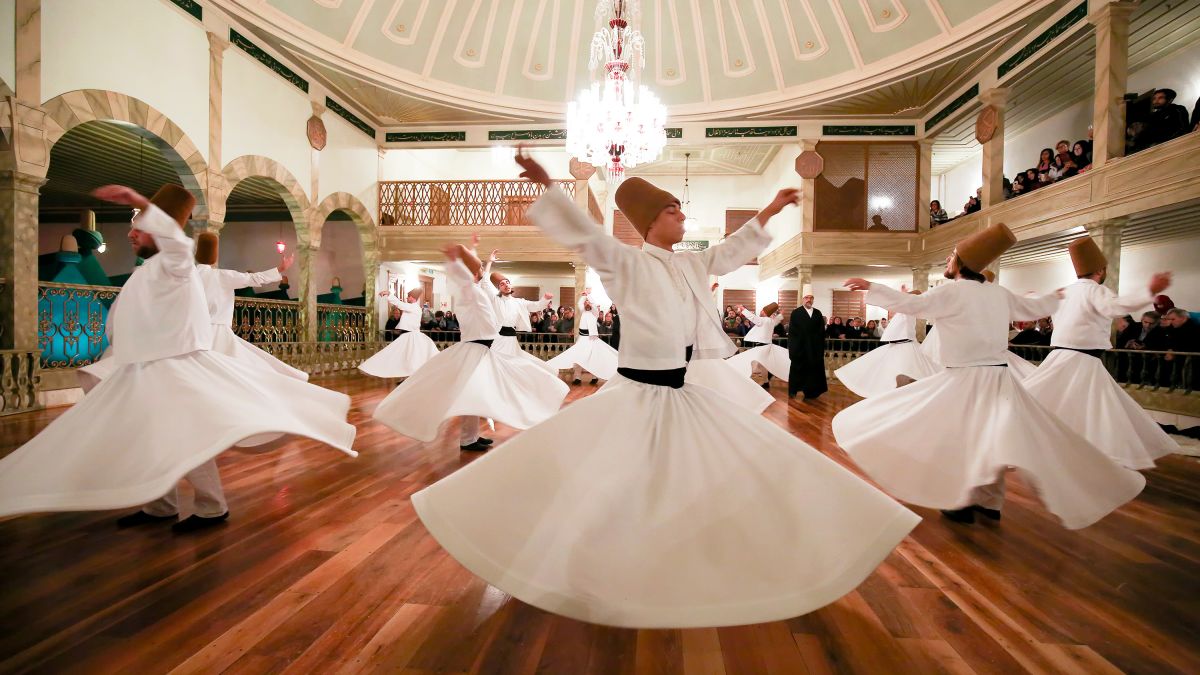
Polygyny
Polygyny, the practice of having more than one wife at the same time, may seem outdated in the modern era. However, when sūrah 4:3 (“. . . Marry women of your choice, two, three, or four; but if ye fear that ye shall not be able to deal justly [with them], then [marry] only one . . .”) was revealed to the Prophet Muḥammad, it produced nothing short of a revolution in the way it improved conditions for women. Life in the seventh-century tribal culture of the Arabian peninsula had been patriarchal and misogynistic. Women were not considered fully independent human beings and had no right to own or inherit property. Men were permitted to take an unlimited number of wives, and concubinage, enslavement of women and girls, and incestuous marriages were prevalent. Sexual abuse and the killing of baby girls were widely practiced, and upon marriage, women were required to surrender all financial protection from their natal family.
Immediately preceding the revelation of sūrah 4:3, a large number of Muslim men had been killed in the Battle of Uhud in AH 3 (625 A.D.), leaving behind a great number of widows and orphans without personal or legal status, or any means of financial support. The Qurʿān’s admonition thus had a double impact: it restricted previously unchecked polygyny and at the same time ensured that large numbers of vulnerable war widows and orphans would be cared for. Sūrah 4:3 was part of a sequence of revelations that provided greater protection for women, including the right to receive their own dower and the right to enter into marriage contracts as equal partners instead of subjects of those contracts. In this way, the Qurʿān shifted focus from the tribe as the most important social unit to the family as the foundation of society.
Because of patrilineal social structures that provided status and inheritance rights through male family members, as well as the importance placed on clearly establishing the paternity of children, women were not given a similar right to marry more than one husband (polyandry). If a woman took a second husband, that marriage was void, and any children fathered by the second husband were considered illegitimate and therefore excluded from inheritance.
The Qurʿān does not allow a man to take more than one wife in all circumstances. The language of sūrah 4:3 makes clear that more than one wife may not be taken if any inequity would result. This limitation is consistent with other verses counseling against multiple marriages, including sūrah 4:129, which warns that “Ye are never able to be fair and just as between women, even if it is your ardent desire,” and sūrah 33:4, which states, “Allāh has not made for any man two hearts in his one body,” taken to mean that it is impossible to love equally more than one woman at a time.
In Sunnī Islam, women may generally stipulate in their marriage contracts that their husbands may take no other wives. If the stipulation is violated, a wife has the right to obtain a divorce. The right to enter into stipulations in the marriage contract is more limited in the Shīʿī branch of Islam.
The Shīʿī branch recognizes an additional form of multiple marriage, called nikāḥ al-mutʿah, or temporary marriage. According to Shīʿī believers, sūrah 4:24 of the Qurʿān authorizes mutʿah, which consists of a contractual relationship between a man and a woman for a fixed period of time, after which it automatically expires and the man and woman have no further relationship with each other. Sunnī believers, however, consider mutʿah to be forbidden.
Beginning in the second half of the twentieth century, national laws limiting or restricting polygyny were enacted in approximately half the fifty-seven countries comprising the Organization of the Islamic Conference. In 1956, Tunisia became the first country to outlaw polygyny altogether on the basis that it was humanly impossible for a man to give equal treatment to more than one wife. Since then, a number of countries, including Algeria, Indonesia, Egypt, Senegal, Bangladesh, Gambia, Jordan, Libya, and Malaysia, have enacted legislation limiting the practice of polygyny in some way, most commonly by requiring that the first wife be notified if a husband intends to take another wife and permitting divorce if all wives are not treated equally. Most recently, the 2004 Family Code of Morocco was enacted, stating that polygyny is not permitted unless a judge verifies a husband’s ability to guarantee equality among wives and children and finds that there is an objective and exceptional motive that justifies taking another wife. A woman has the right to a divorce if any harm results from her husband taking another wife.
Some scholars believe that recent legislative changes to traditional interpretations of Islamic law relating to polygyny are justified by Islam’s overarching objectives, which emphasize justice, equality, and tolerance, while others believe that new interpretations are permitted by the use of ijtihād.
In some African countries in which Islamic law is influential, polygyny has been outlawed by national legislation. However, it is often still practiced since the demands of agricultural economies require multiple wives and children to provide essential labor.
The new constitutions of some states, including Afghanistan and Iraq, provide that Islam is the official religion and a fundamental source of legislation, and that no law contradicting Islam may be established. Thus, an increase in polygyny may be seen in the future despite a decline in recent years resulting from organized action on the part of local women’s groups and national legislation restricting the right of a man to take more than one wife.
Polygyny
321 – 001
https://discerning-Islam.org
Last Update: 03/2021




